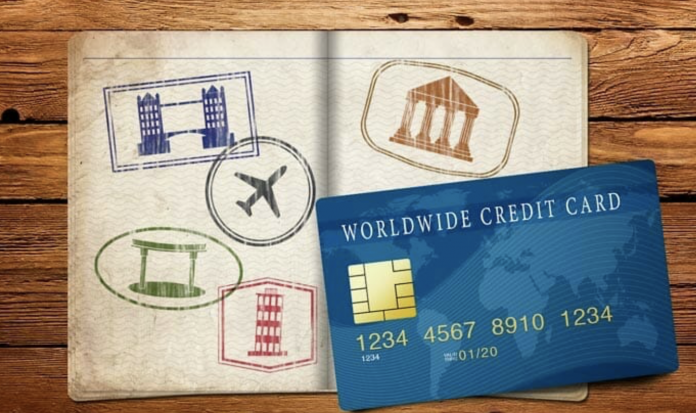There are a lot of travel credit cards that you can choose from. The ideal travel credit card has to have all of the necessities you need when traveling and has to be optimal for your use. You have to consider how frequently you travel, how much flexibility you need, how much you appreciate airline or resort perks — all of these are things to take into consideration when choosing a travel card.
Here are some things you should know before picking a travel credit card.
Interest Rates
Interest rates are a significant part of a credit card that applicants should be informed about. If you carry a balance from month to month being familiar with the interest rate is important to you. You will want to be informed about the yearly percentage rate and the card issuer fees. The higher the fee the more you will pay in interest. This will end up paying less of your actual payment every month. If you’re looking to save on interest costs, finding a card that permits no- or low-interest payments on balance transfers for an introductory period is a fantastic idea. The rate of interest is under the stipulations link on the card’s program site.
How Many Points Does A Card Pay?
If you don’t carry a balance on your credit card, you don’t need to worry about the rate of interest. For some cards the amount of points or miles a card accumulates is significant. Not all credit card points are created equal. Additionally, getting a Marriott Premier card where you can get 70,000 points after fulfilling a minimum charge on your card will most likely be a much better idea than getting a Choice Privileges card that can get only 32,000 points. The Hyatt card provides two free nights at any Hyatt home globally, and this may end up being worth about $2,000 if played right. The card that gets you where you need when you need for free is the finest in this regard.
Annual Fees
Lots of credit cards have an annual fee. Some cards offer reduced benefits in exchange of waiving that annual fee. Certain cards will give a year with no annual fee for new cardholders. Most annual fees range from $49 for fundamental cards to $450 for the more elite cards.
Flexibility Is Important
Marriott Points can only be used at Marriott properties. United Airlines miles can only be used on United or partner flights. Apps such as American Express Membership Rewards and Chase Ultimate Rewards do a fantastic job of giving cardholders the option of moving their points into many different airline and hotel programs at a 1:1 ratio. This flexibility makes it possible for people to have more choices when they travel, and it’s a significant advantage for cards that pay within these systems.
Not all travel credit cards offer the same advantages for cardholders. Therefore it’s important to research which will work best for you. The points mentioned above are a few of the significant issues to consider as you search for the travel card.
Best Way to Select Your Rewards Credit Cards
When going through the numerous kinds of rewards credit cards available, selecting the card that you want can be an intimidating process. The best way to select a rewards credit card is to assess how and where you spend your money. For an example, in case you rarely travel, you won’t get many benefits from cards that offer travel-related points. But if you shop frequently at a specific retailer, you can save yourself a whole lot of money by using retail rewards credit cards.
There are a lot of details that come with a travel credit card. For the most part they are normal credit cards with the added travel feature. You can earn points for hotels and airfares by using travel credit cards.









